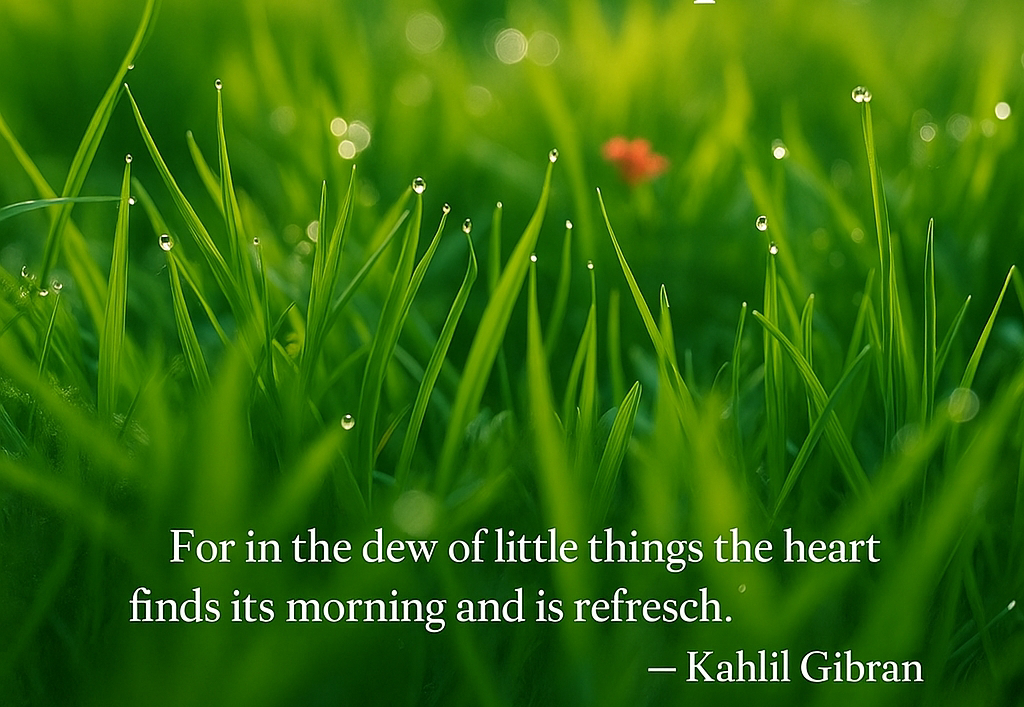What Would You Do If You Could Time Travel?
I began listening to the audiobook thinking it would simply be a light companion for my commute; a short pastime without much expectation. And, It took me a while to get used to the characters’ Japanese names because they instantly reminded me of the cartoons my son used to watch as a toddler. So for a while, I could only imagine them in cartoonish form. But as the stories unfolded, I found myself drawn into the quiet depth; the novel opened little windows into love, regret, forgiveness, and the courage to move forward.
Before the Coffee Gets Cold by Toshikazu Kawaguchi is a gentle, bittersweet Japanese novel set in a tiny Tokyo cafe called Funiculi Funicula. This cafe has a curious, almost magical rule — if you sit in a particular seat, you can travel back in time. But you must return before your coffee gets cold.
The book weaves four intertwined yet independent stories:
1. The Lovers – Goro is leaving Japan for a job in America, never clearly telling Fumiko their relationship is over. Hoping to change his decision, Fumiko travels back to their last meeting. She fails to alter his choice but finds the strength to accept it without resentment.
2. Husband and Wife – Fusagi suffers from early-onset Alzheimer’s and is beginning to forget his wife, Kohtake. She travels back to receive a letter he once wrote but never delivered. It’s filled with love, and while his condition won’t change, her heart finds peace.
3. The Sisters – Hirai has always avoided her family and Kumi, her younger sister. Kumi’s sudden death leaves her aching for one last talk. She gets it — along with the words, “I just want you to be happy.”
4. Mother and Child – Kei has a medical condition that means giving birth will end her life. She chooses to travel forward in time to meet her unborn daughter, knowing she will never raise her. The meeting is bittersweet, but it comforts Kei to know her child will be loved.
All these stories are anchored by Kazu Tokita, the serene waitress who guards the rules of time travel, and Nagare Tokita, the warm-hearted cafe owner. Kazu is like the human embodiment of a clock — calm, precise, and always moving forward at the same pace.
She isn’t emotional, just like time; She's indifferent to joys and regrets. And, Nagare is the host of the space — the one who makes sure visitors feel at home before they confront their past.
And then there is a ghost - a woman in a white dress who always sits in “the” seat — the only seat that allows time travel.She spends her time quietly reading a novel, seemingly indifferent to everyone around her.
Her backstory is that she herself once tried to use the time travel to meet someone in the past. For some reason, she stayed behind as a spirit, bound to that seat. Her presence is a subtle warning: even if you get the chance to revisit the past, you must return… or risk being stuck forever.
This novel left me reflecting... In life, we may not get to rewrite our past, but we can change how we carry it. What’s magical isn’t the time travel itself, but what happens afterward.
Each person learns that closure isn’t about rewriting history, it’s about rewriting our hearts. A conversation, a goodbye, a moment of honesty… We can’t hold on to yesterday, but we can hold on to the love and lessons it leaves behind.
The novel quietly reminds us:
☕ Don’t wait to love, to forgive, to speak.
☕ You may not be able to change the past, but you can change what you carry into the future.
☕ Time is always shorter than we think.
In the end, it’s not about going back. It’s about moving forward, warmer inside, before the coffee gets cold.
And yes, I may have just told you the whole story… but I couldn’t share this book review without sharing its heart. You’ll still want to read it yourself — the real magic is in experiencing it firsthand.
P.S. - Honestly, the book does have its repetitions and can feel a bit stretched at times... but perhaps that slow, lingering pace is part of its charm, like sipping coffee that’s just warm enough to make you stay a little longer.







